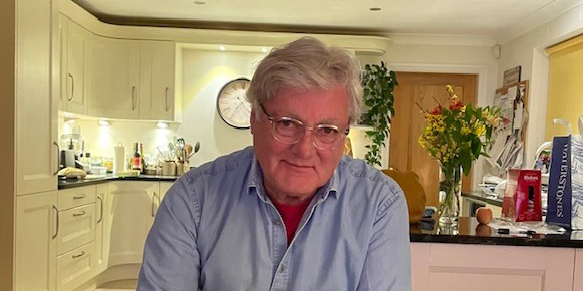
Poetry as property: an investigation into the evolution of the concepts of literary property, authorship and originality in the long eighteenth century from Pope to Wordsworth
Garth Lindrup’s doctoral research explores how literary value came to be determined in the eighteenth and early nineteenth centuries, at the interface between law and literary aesthetics.
The literary property debates of 1769-1774 and 1838-1842 centred on the length of copyright but they also contributed to an increasing emphasis on originality and genius as constitutive of literary value. These debates also led to greater recognition of the public interest and planted the idea of a literary canon in the minds of the reading public.
Wordsworth was still in his thirties when he first engaged with the issue of copyright reform and he became an active campaigner for copyright protection to continue after the author’s death, in order to provide some income for his family. Their letters indicate that William and his sister Dorothy discussed this issue at Rydal Mount in 1830 and came to the conclusion that, as the law then stood, it would be better to publish no new material in his lifetime. The Prelude, one of his best known works, appeared soon after his death in 1850.
Wordsworth’s early work explored themes of property and inheritance. ‘Michael’, the poem which closes the second edition of Lyrical Ballads, reflects a dual anxiety about passing property on to the next generation and securing a cultural heritage for the poet’s work. Wordsworth’s campaigning led to a change in the law and The Prelude would remain in copyright until 1892. His family enjoyed the financial rewards of this and, by the time the copyright expired, Wordsworth’s cultural heritage had also been secured.
Lead supervisor: Dr Penny Bradshaw
Contact the researcher: email Garth Lindrup
Back to Research Theme